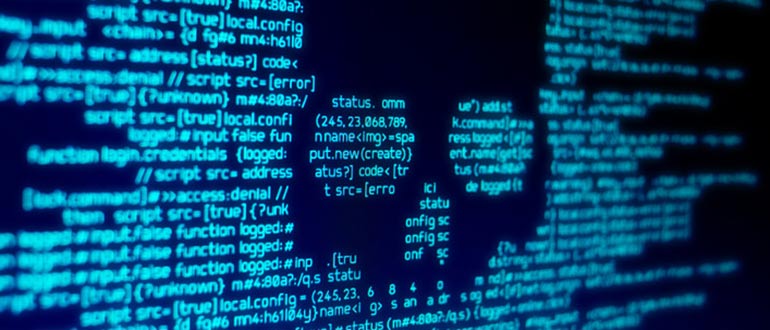Fileless malware, also known as zero-footprint malware or non-malware describes malware that only writes to the systems RAM via the internet or Windows registry entries and hardly tracks it. The malware usually exists as a code in the RAM or kernel of a system and not in the file system. However, most variants of fileless malware store encrypted files as scripts, shell codes or binary data in the registry of system files. They are often backed up in PowerShell or Windows Management Instrumentation.
Relevant Processes And Components
In order for the malware to work, it relies on legitimate resources and other administration tools. Attacks particularly take advantage of Windows components that enable the execution of different scripts. Scripts are codes that are clearly legible. Windows can be instructed to run scripts and possibly carry out appropriate attacks. In addition to PowerShell, the components and processes that fileless malware frequently abuses include the Windows management instrumentation and the Microsoft HTML application host.

How Does A Fileless Attack Work?
How fileless malware looks and works cannot be said in general. Different fileless malware families differ significantly in appearance and function. The main difference to traditional file-based malware is the way data is stored and executed. For example, fileless attacks need the scripts already mentioned. Exploit kits – also collections of known software vulnerabilities are an important component in file-less attacks. Fileless malware is most commonly used via websites in your system. Attackers exploit all vulnerabilities in Flash or Java applications as well as in other browser add-ons. Exploit kits are often combined with system analysis and data transport tools.
Fileless Malware Targets
The main reason why fileless malware is increasingly preferred over file-based malware is that it is more difficult for antivirus software to detect it. Many standardized antivirus solutions focus primarily on the signatures of files. Fileless malware opens the door for dangerous malware. While the purposes for which fileless malware is used are very different, their most common uses are undoubtedly cryptomining and click fraud. If a user infected with malware has administrator rights, most of the fileless malware can spread throughout the entire company network. Attacks of this type can also be carried out precisely by criminals with little technical understanding using exploits as a service.
